Our Commitment to Nurses
For more than 125 years, Johnson & Johnson has been proud to advocate for, elevate, and empower the nursing profession, as we know that nurses are the backbone of health care.
With innovative mindsets, invaluable insights, and hands-on experience, nurses are uniquely positioned to move health care forward. We know it takes nurses to make health care work, and when we work together to support nurses, we are advancing better health for all.
Today, we are continuing our legacy of support by working with partners to champion and bolster the profession.
Our Objective
Attract and strengthen an innovative and thriving nursing workforce empowered to advance access to quality care.
The Extraordinary Impact of Nursing
In celebration of National Nurses Month and International Nurses Day on May 12, watch this video from our Chairman and CEO Joaquin Duato, highlighting the power of the profession to transform healthcare.
→ Learn More
Continuing Education Credits
Through our partners and educational grants provided to independent, accredited continuing education (CE) providers, Johnson & Johnson is making resources available to nurses to focused on key areas.
The EMPOWOR program, provided by JnJInstitute.com, is designed to provide nurses and OR personnel with clinical education and leadership resources.
- The Nurse Learning Exchange, powered by Sigma and with support from Johnson & Johnson Foundation, offers nurses on-demand education focused on workforce wellbeing, clinical leadership, and system-level change.

- INTRO
































